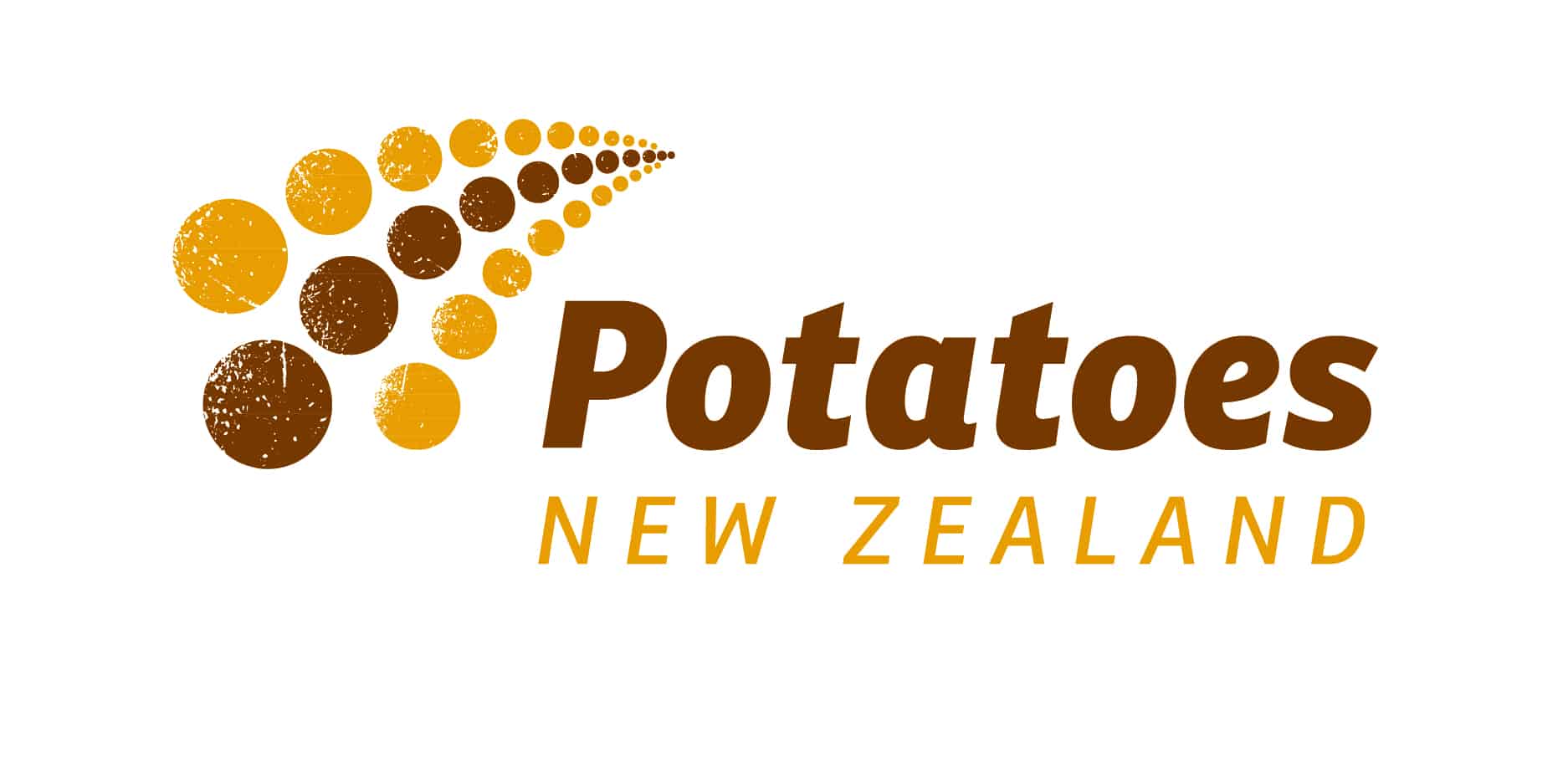Planning, education and training, strong industry networks and the smart use of technology will create a long term and sustainable foundation for the next generation of New Zealand potato growers.
Potatoes have long been a cornerstone crop in New Zealand agriculture, playing a vital role in both our domestic and export markets. To ensure an equally strong future for our industry and for the next generation of potato growers, we have to be open to fresh perspectives and approaches, and we need to commit to the business and resilience planning that our sector needs to succeed.
A strong network
Growers are certainly not alone in planning for the future of their business and for the wider industry. Potatoes New Zealand represents growers’ interests, and our work sees us supporting and initiating vital R&D, identifying new technologies and opportunities to improve productivity for the sector, and advocating for better outcomes for the New Zealand potato industry.
To this point Potatoes New Zealand is launching a Youth Council soon, the Potatoes New Zealand Youth Council aims to provide a platform for young people to actively contribute to the potato industry, representing the youth interests, fostering growth, supporting each other, encouraging learning and leadership within the industry. Watch this space.
Planning for success
Agricultural growth is essential not only for food production but also for the economic well-being of many regions in New Zealand. For growers, whether small-scale family farmers or large-scale commercial producers, careful planning is crucial to ensure sustainable practices, increase productivity, and maximize profitability.
Success in any business venture requires a plan. Business and financial planning across the three different horizons – short, medium and long-term – needs to be part of every business’s approach. Short-term planning will provide the focus on daily operations and cashflow, and help identify the resources and activities required to support the current crop.
Medium-term planning takes a step back to look at objectives for growth, budgeting and resource allocation for the coming 1-3 years, and opportunities for new products or improved processes.
Longer-term planning is more critical than ever in the context of our rapidly evolving agricultural landscape and growing list of challenges. Looking at a timeframe of 3-5 years or more, this provides the opportunity to set strategic goals and think about expanding into new markets, explore, R&D projects (often in collaboration with other growers and industry organisations), and create diversified income streams (think: value-added products, agritourism, or even renewable energy projects) to cushion your business against market volatility. Long-term planning requires a vision for the future and the ability to outline a roadmap to achieve it: what steps are needed to turn these ideas into a reality?
Strengthening existing production systems
Assurance programmes while disliked by some are now being recognised by government to meet certain compliance requirements. This is surely a win. A focus on fresh water management, sustainability, regenerative practices and effective waste management all whilst adhering to environmental standards will not only protect the land but also ensure the longevity for our industry and the livelihood of our growers, now and in the future.
Best practice farming will lead to healthier soil, reduced input costs, and improved crop yields, creating a win-win for both the environment and our growers.
Feeding innovation
Along with planning and building strong networks, we need to innovate. The adoption of new technologies such as GPS-guided equipment, data analytics, drones, robotics, AI and integrated pest management tools are revolutionising the agricultural landscape and can deliver the efficiency and productivity gains that potato growers need.
As an industry, we must commit to understanding emerging trends and adopting best practices to ensure our growers remain competitive. By embracing advanced technologies, we can improve operational efficiency, reduce labour costs, and enhance crop management. Through strategic planning, innovation, and a focus on future needs, New Zealand potato growers will be equipped to stay ahead in rapidly evolving markets.
By embracing change and fostering collaboration, we can create a sustainable and productive future for the next generation of growers, ensuring they inherit a resilient and successful industry.
– Kate Trufitt’s article in NZ Grower magazine February 2025



